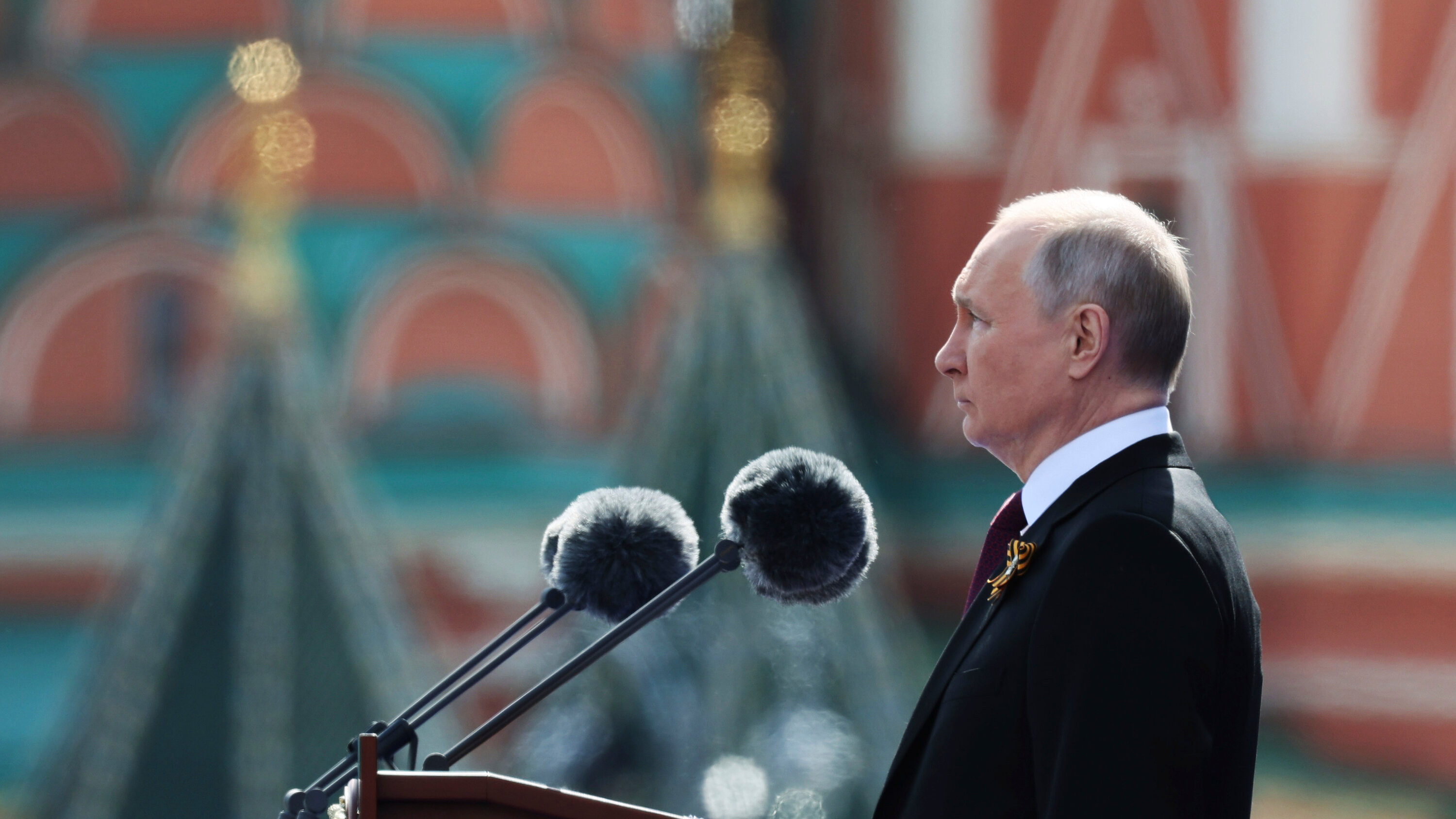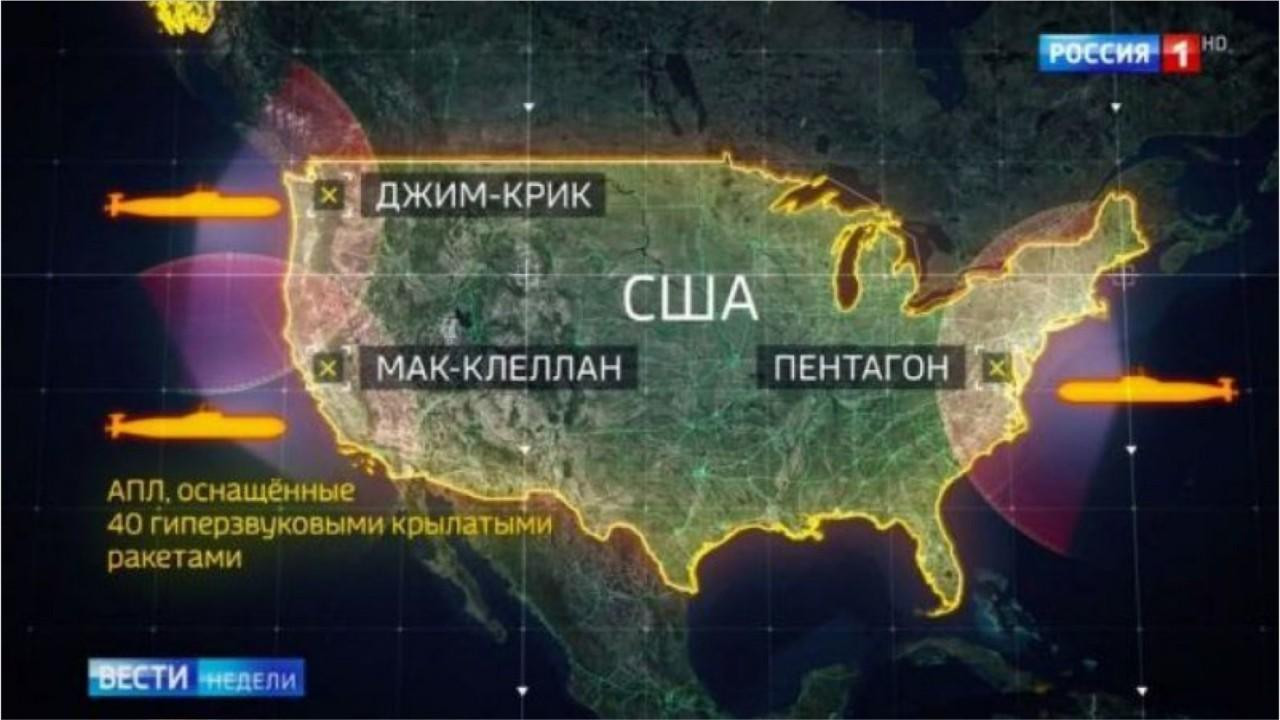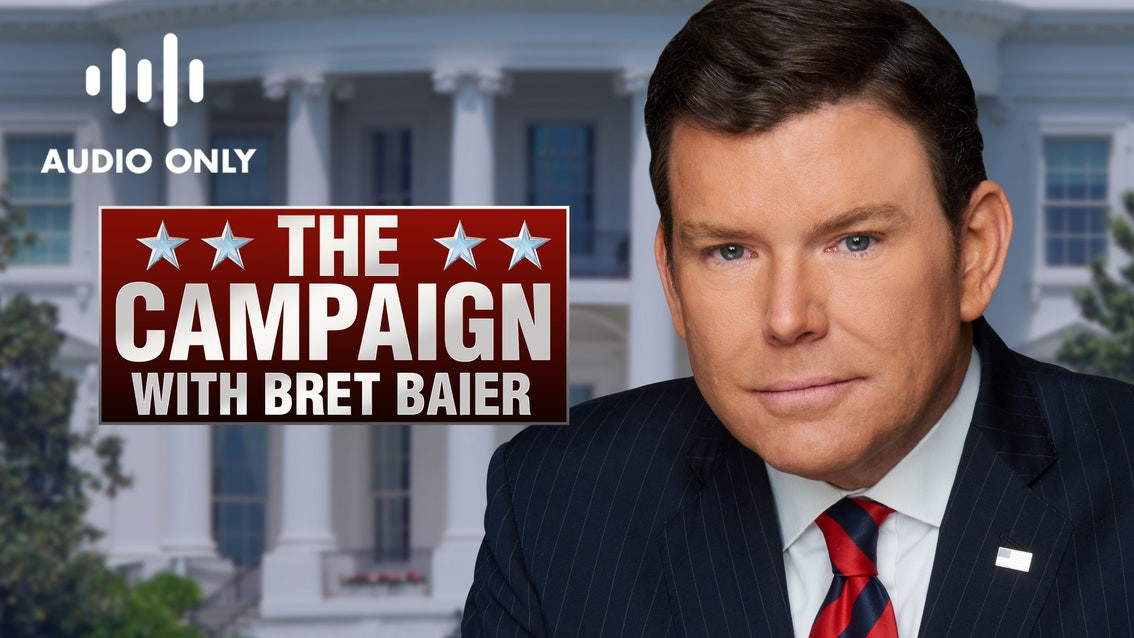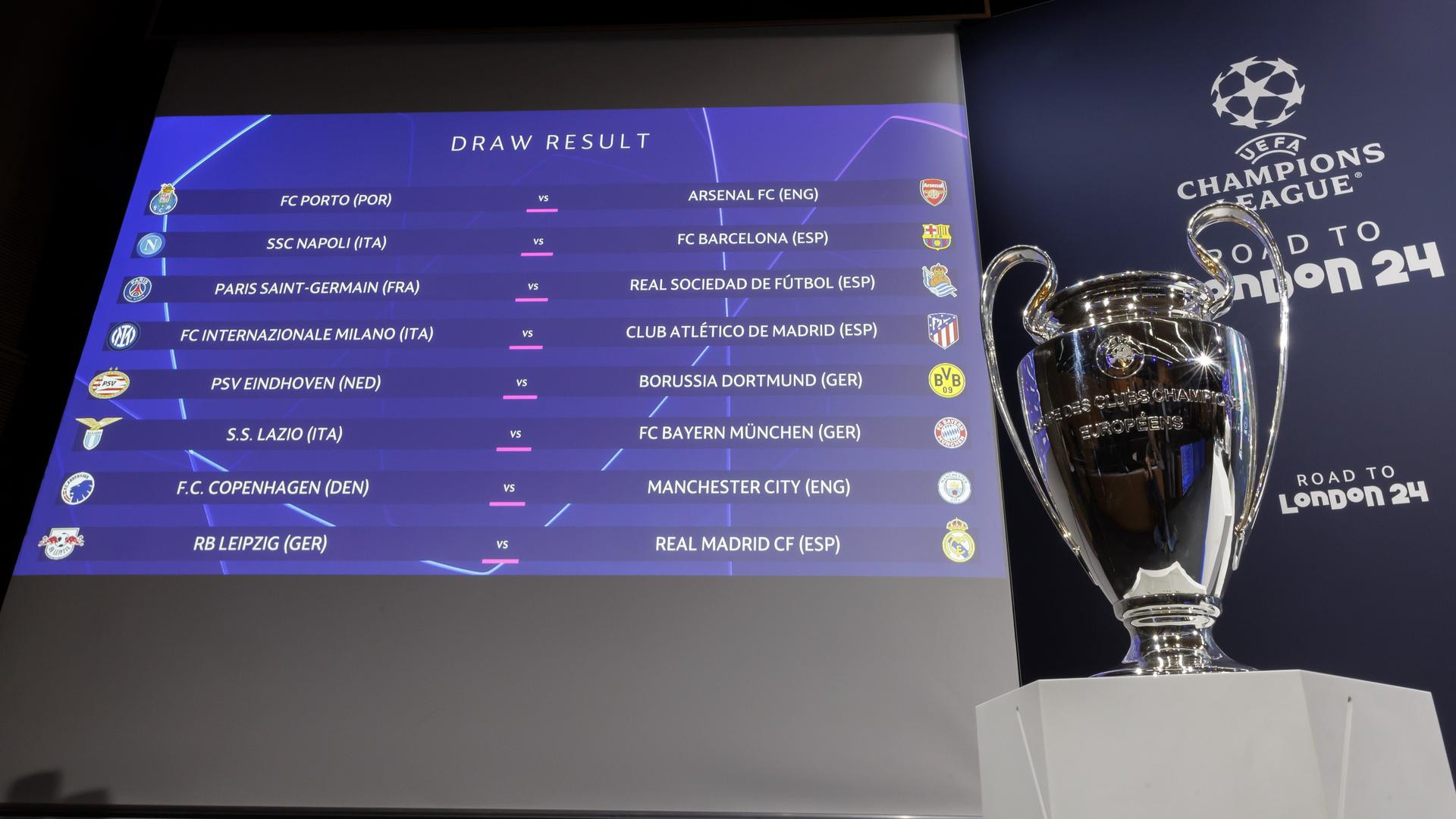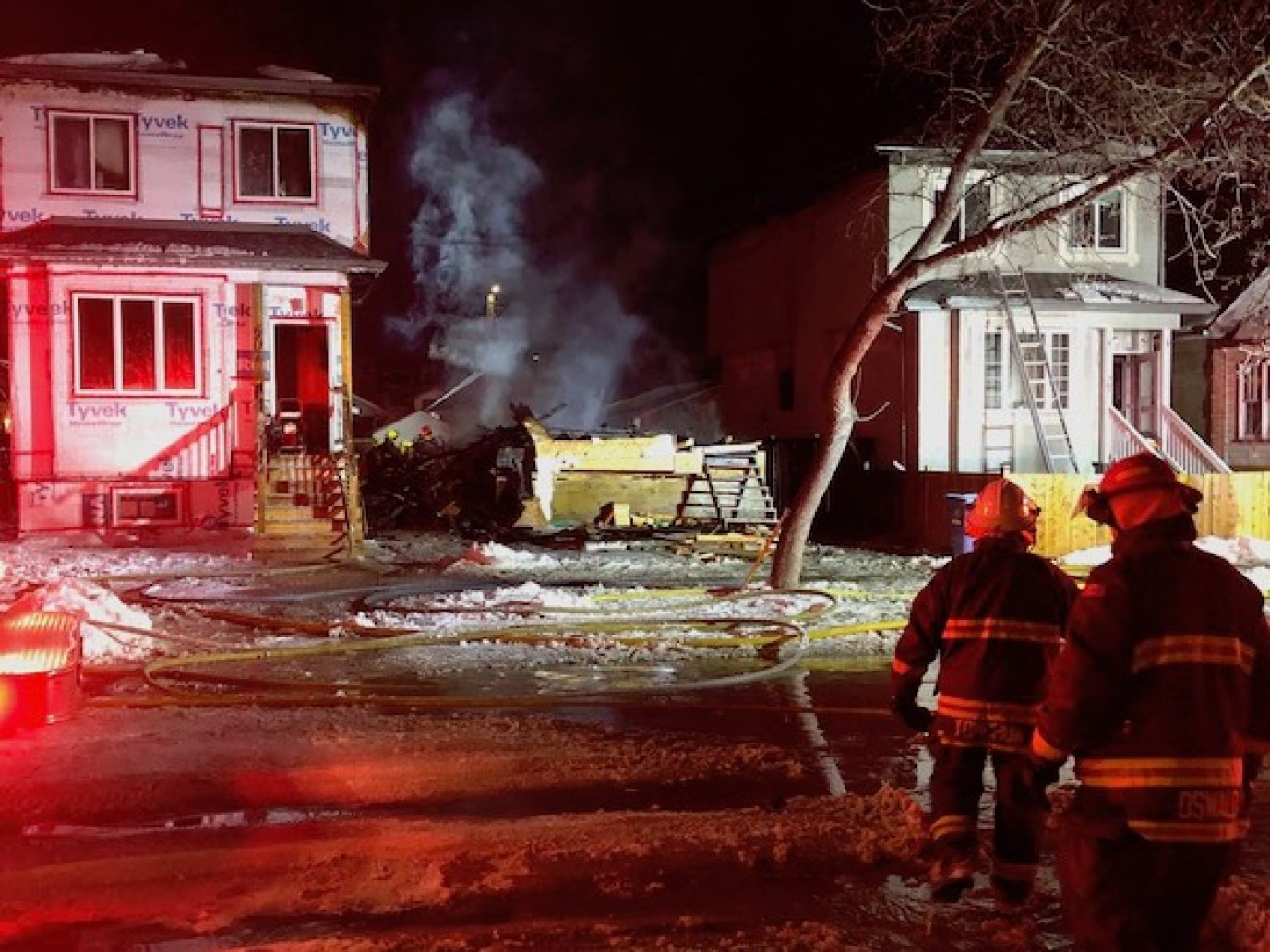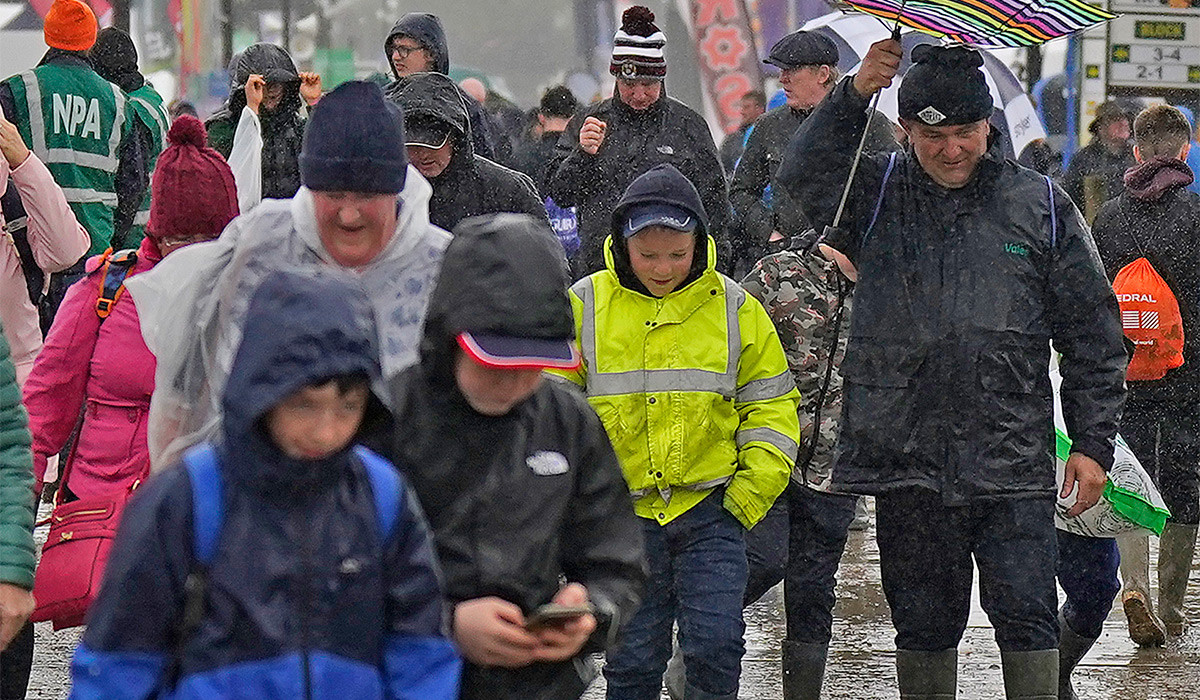Vladimir Putin has issued a thinly veiled nuclear threat, warning that Russia would consider any attack on the country supported by a nuclear-armed state to be a 'joint attack,' potentially justifying the use of nuclear weapons. This comes as Ukraine presses its allies for the authorization to use long-range missiles against military targets in Russia.
Putin announced the proposed changes to Moscow's rule book on the use of nuclear weapons in a televised address to senior officials on Russia's nuclear deterrence on Wednesday. The Russian president made clear that Moscow would consider a nuclear response if it receives "credible information about a mass takeoff" of strategic or tactical planes toward Russia, or the launch of cruise missiles, hypersonic weapons or drones toward its territory.
The comments appeared timed to coincide with Ukrainian President Volodymyr Zelenskyy's address to the UN General Assembly, as Kyiv continues to appeal for the green light on long-range missiles. The comments come as Kyiv seeks approval to use long-range Western missiles against military sites in Russia.
In key remarks on Wednesday night, the Russian president said his government was considering changing the rules and preconditions around which Russia would use its nuclear arsenal. He added that draft amendments to the doctrine expand "the category of states and military alliances in relation to which nuclear deterrence is carried out" and include a supplemented "list of military threats" that Russia would see as a justification to deploy nuclear weapons.
Putin's comments have been widely seen as a warning to the West, particularly the U.S. and the U.K., which are considering whether to give Ukraine the green light to use long-range weaponry they've donated to Kyiv against military targets within Russia.
Responding to Putin's remarks, Zelensky's chief of staff Andriy Yermak said Russia "no longer has anything other than nuclear blackmail to intimidate the world".
The latest comments on imminent changes to Russia's nuclear doctrine, which sets out the conditions under which nuclear weapons can be used, have been widely seen as a warning to the West.
Ukraine's President Volodymyr Zelenskyy is currently in the U.S., where he has pressed officials to maintain support for Kyiv as the presidential election nears in November. He is due to meet incumbent President Joe Biden in Washington on Thursday and is expected to press the Washington leader on Kyiv's request to use long-range missiles, a strategy that Ukraine believes could change the dial in the war that started in February 2022.
Ahead of the visit, Zelenskyy said the U.S. and the U.K. had still not officially authorized Kyiv to use such weapons in this way, despite public comments to the contrary.
"We have long-range weapons. But not in the amount we need, let's say. Nevertheless, we have this package — [of long-range missiles] Storm Shadow, ATACMS, SCALP. But neither America nor Great Britain gave us permission to use these weapons on the territory of Russia, for any purpose at any distance. We did not use long-range weapons on the territory of the Russian Federation," Zelenskyy told reporters Friday, in comments translated by NBC News.
The Kremlin said on Thursday that changes outlined by Putin should be considered a warning to the West. Elaborating on the move, Kremlin spokesman Dmitry Peskov told reporters: "It must be considered a specific signal - a signal that warns these countries of the consequences if they participate in an attack on our country by various means, not necessarily nuclear."
Putin's threat to use nuclear weapons has been met with condemnation from the West. US Secretary of State Antony Blinken described the comments as "totally irresponsible" in an MSNBC television interview. The EU also rejected Putin's decision as "reckless and irresponsible."
Putin's statements have fueled fears that the conflict could escalate into a wider nuclear war. But some experts say that the Russian president is simply trying to deter the West from providing more military aid to Ukraine.
"The world is watching with bated breath, hoping that the conflict will not spiral out of control. The stakes have never been higher in this conflict," a senior intelligence official told NBC News. "The risk of escalation is a real concern for all of us."
The conflict in Ukraine has entered a new phase as the war drags on. Ukraine's success in retaking territory in the south and east of the country has led to a renewed sense of optimism in Kyiv. But Putin's latest comments have served as a stark reminder of the dangers that still lurk beneath the surface of this war.
The conflict in Ukraine has been a long and bloody one. It is difficult to predict how it will end or what the long-term consequences will be. But one thing is clear: the world is on edge and the stakes are higher than ever before.
Russia's latest comments on changing its nuclear doctrine are not a surprise — Moscow has hinted for months that it was making changes to its official stance on the use of nuclear weapons.
On Thursday, the Kremlin's Spokesman Dmitry Peskov told reporters that amendments to Russia's nuclear doctrine "must" be considered as a warning to "unfriendly states," in comments translated by NBC News.
Asked how the changes should be interpreted by such unspecified countries, Peskov said were "a signal that warns other parties against involvement in attacks on our country with various means, including not only with nuclear ones."
Comments by the Kremlin and senior Russian officials on the matter have become more frequent as Ukraine has overtly pressed its allies over the use of Western long-range missiles to strike targets within Russia.
Ukraine's ongoing incursion into Russia's Kursk border region has also prompted more saber-rattling by President Putin and prominent Russian hawks, who claimed the cross-border raid was aided and abetted by the West. Ukraine's allies deny any prior knowledge of the operation, which started in August.
Earlier in September, Russia's Deputy Foreign Minister Sergei Ryabkov said Moscow was in the process of amending its nuclear doctrine because of what it saw as a Western-backed "escalation" of the war with Ukraine amid the Kursk operation.
As it stands, Russia's current nuclear doctrine states that Russia "reserves the right to use nuclear weapons in response to the use of nuclear weapons and other types of weapons of mass destruction against it and/or its allies, as well as in the event of aggression against the Russian Federation using conventional weapons, when the very existence of the state is threatened," according to a Google translation.
Other conditions that could determine the use of nuclear weapons by Russia include the "receipt of reliable information about the launch of ballistic missiles attacking the territory of the Russian Federation and (or) its allies," as well as "the enemy's impact on critically important state or military facilities," according to the same document.
In its 2020 policy, Russia nonetheless described nuclear weapons as "a means of deterrence," the use of which would be "an extreme and necessary measure."
Russia refers to its nuclear doctrine as "defensive in nature" and said it "takes all necessary efforts to reduce the nuclear threat and prevent the aggravation of interstate relations that could provoke military conflicts, including nuclear ones."
Since Russia invaded Ukraine, Putin has repeatedly reiterated the message that Moscow would not hesitate to deploy such weapons if its own territorial integrity and sovereignty were threatened.
In May, Russia held tactical nuclear weapons drills near the Ukraine border, and Moscow has also stationed such weapons within the territory of its ally, Belarus.
Tactical or nonstrategic nuclear weapons are designed for battlefield use and are able to erase specific targets, such as military bases or training centers. While they are less devastating than strategic nuclear weapons that can wipe out entire cities, the deployment of such weapons would represent a serious escalation in the war and foster concerns of a direct confrontation with the West.
On Wednesday, Putin said Moscow reserves the right to use nuclear weapons in case of an attack on Belarus, as it's part of the "Union State" with Russia — a special partnership between the neighbors and allies. That includes cases when the enemy, using conventional weapons, "creates critical danger to our sovereignty," Putin said.




